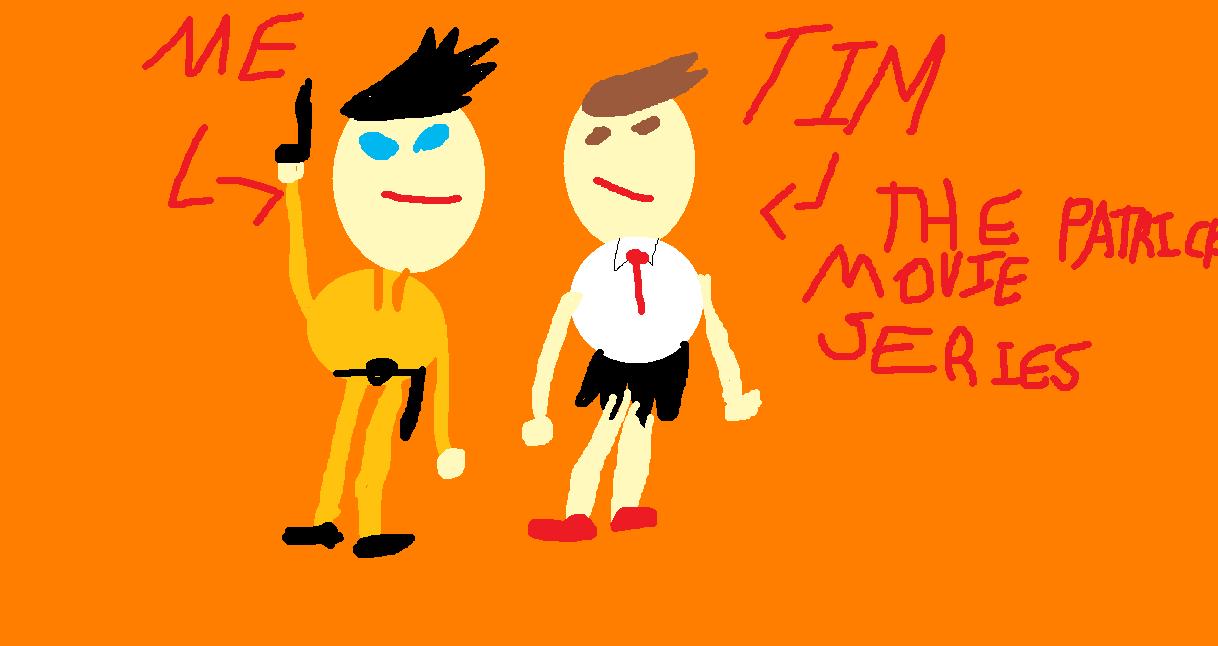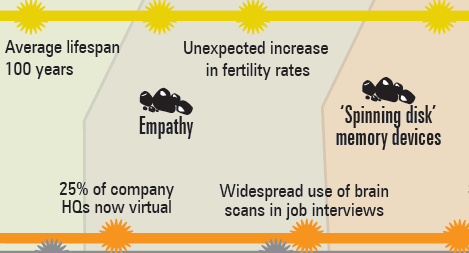Culture and the Workplace
This week on the HR Happy Hour show Grant McCracken the author of 'Chief Culture Officer' will be our guest to talk about the importance of understanding cultural trends to the corporation.
As Chief Culture Office so persuasively presents, culture strongly influences what products resonate with  the public, the brands that endure and thrive, and in some ways participate in the formation of culture, and even the design and makeup of our living spaces.
the public, the brands that endure and thrive, and in some ways participate in the formation of culture, and even the design and makeup of our living spaces.
While it may seem like the observation and analysis of cultural trends is more of a concern for marketers, product designers, advertising agencies and such, I think there are several important implications for those in the HR and Workforce space as well.
Just as culture and cultural trends influence consumer behavior for products and services, it is reasonable to think that they influence the market for talent. After all, the talent acquisition and retention functions have many similarities to the consumer market, and employees have been described as 'consumers' of work. Corporations 'sell' their distinctive bundles of value, (compensation, training, prestige, etc.) that hopefully attract the desired mix of employees that 'pay' with their time, effort, and expertise.
So if we buy the idea of people 'consuming' work, and so many signs point to a marked increased in temporary and contract work, more career shifting, shorter tenure with organizations, and more flexible and fluid definitions of the very idea of work, then thinking about talent through this consumer prism is not that much of a stretch.
Here are a few quick ideas on how consumer oriented cultural trends could influence talent management.
Customization of Careers
A day or two ago as I was checking e-mail and scanning Twitter I noticed someone I follow asking for recommendations for some new musical bands to check out. Within a few minutes about a half dozen suggestions were tweeted her way. She replied with thanks and indicated she'd set up a custom Pandora station with those bands in the rotation.
More and more products and services can be personalized and customized, is it fair to say that current and potential employees will come to expect similar levels of customization in their jobs? If an organization offers the same, cookie-cutter package to everyone will they be able to effectively compete for talent that demand and more and more receive personalization and customization in many other areas of their lives?
Feeding the network
Chief Culture Officer makes a compelling argument that products and services that offer the consumer the opportunity to 'feed their networks', that is share experiences, help to co-create, and ultimately add value to their friends and connections will have the best chance for enduring success. Could the same be said for organizations? Those organizations that openly advocate for their employees, support their participation in social networks, and otherwise demonstrated added value to the employee beyond the comp and ben equation may have an edge in the never-ending competition to attract and retain their best talent.
Work spaces
As discussed in Chief Culture Officer, one of the important approaches to understanding culture and anticipating trends is to study consumers in their homes, to see how they live and interact with and consume products and services. Even the very design of homes and neighborhoods is essential data for the Chief Culture Officer. Homes are not designed the same way today that they were even 20 years ago. Tastes, changing activities, and increased preferences for more open spaces tend to alter how homes get designed and used. Shouldn't office or work spaces also try to reflect changes in attitudes toward space?
One of the trends in design the McCracken notes is the relatively recent increase of 'great rooms' in American homes. These are large, central, and open spaces designed for congregating, interacting, and living. If these more open, collegial type spaces are desired at home, is it possible that workplaces should also adapt to reflect this cultural trend? Should designers of work spaces consider how people's changing attitudes can be leveraged to create more meaningful and ultimately more productive work spaces?
These are just a few observations, perhaps you can think of some other examples of how an understanding of culture can help the HR and Talent professional.
Let me know what you think.

 Steve
Steve


